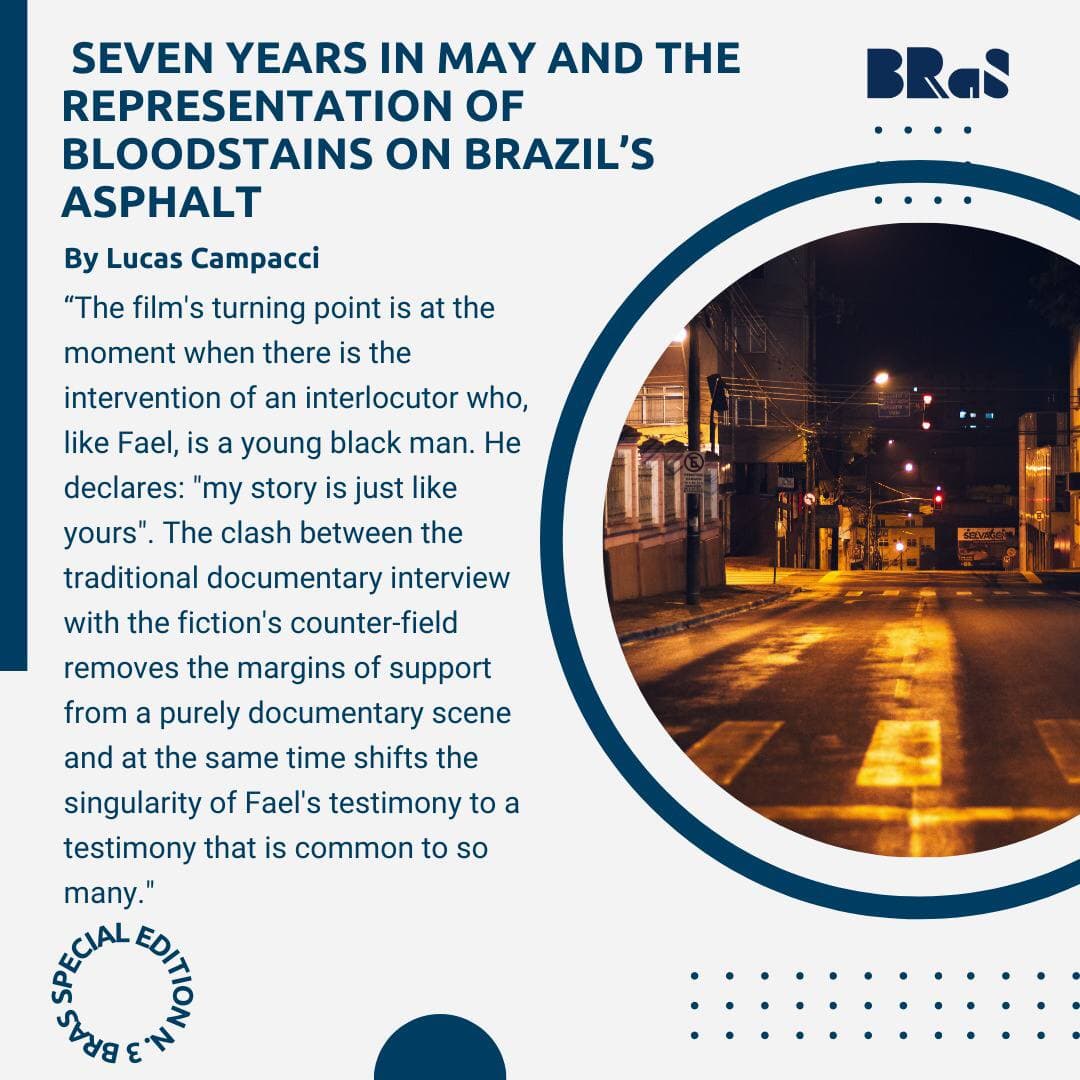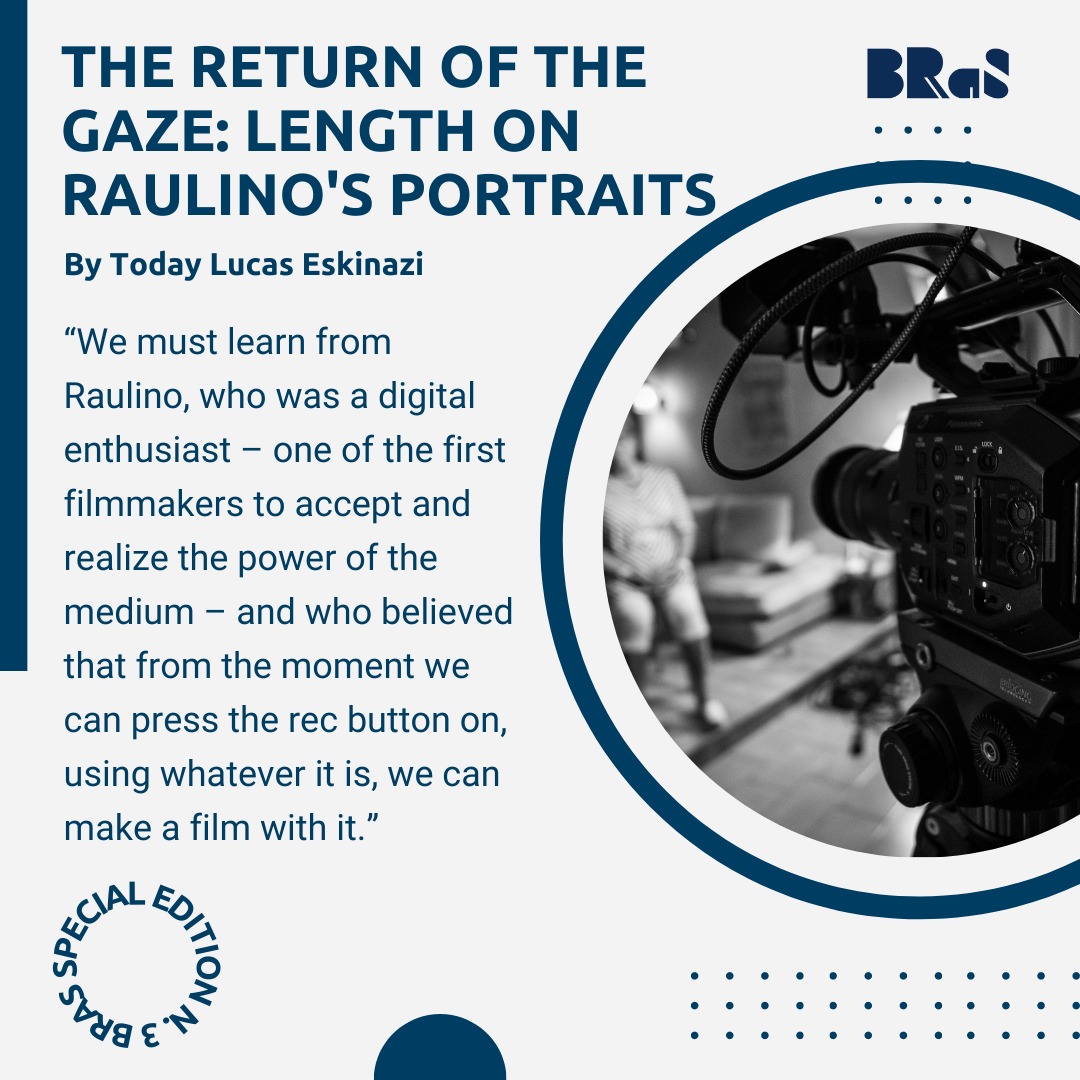by Beatriz Silva da Costa*
Reviewed and edited by Anna Paula Bennech and Giovanna Imbernon
Organized by Flavia Batista da Silva
The current worldwide democracy crisis is not unexpected. In 2020, the Global Satisfaction with Democracy Report was published concerning news for democratic regimes (Centre for the Future of Democracy, 2020). Covering over 154 countries, Brazil included, it was the first time throughout the past 25 years that the world has spoken how unsatisfied it is with democracy. Since 1990, the share of individuals who are “dissatisfied” with democracy has risen by 10% points, from 47.9% to 57.5%. This raise represents the highest level of democratic discontent. Why are citizens so discontent with democracy? Why is Brazil at its highest-ever recorded level for democratic dissatisfaction? Researchers found out that citizens who are dissatisfied with democracy are more likely to: say that the national economy is bad; state that they cannot improve their standard of living in the country; believe that their free expression is not protected. In addition, citizens see their political representatives as uncaring, out of touch, and corrupt (Pew Research Center, 2019). Perhaps, these factors can partially resemble the victory of Jair Bolsonaro (no-party) in the 2018 Brazilian presidential election.
It is important to remember that Brazil is a new democracy: it is only 33 years old. The transition from a dictatorship regime to a democratic one has not been easy. In 2018, on the 30th birthday of our brand-new democracy, only 34% of the Brazilian population was supportive of democracy (Latinobarómetro, 2018). The political polarization in the country deepened with Bolsonaro’s conservative campaign. A part of society protested felt nostalgic for military dictatorship (Vox, 2017). Research shows this feeling is experienced in many other countries facing a bad economic context, high levels of crime and inequality, and corruption (Przeworski, 2019). The country was in turmoil against any political figures with ties to the Workers’ Party (PT in Portuguese). PT’s corruption record was one of the main campaign mottos that Bolsonaro used to obtain as many votes as possible. And he did it well. With a political campaign inflamed by fake news, hate speech, and anti-corruption discourses, Bolsonaro presented himself as a savior for Brazil. Unfortunately, the voters believed in the Mito[1].
On the first electoral turn, Bolsonaro disputed the election with 12 candidates. His main rival candidates were Fernando Haddad (PT) and Ciro Gomes (PDT). As left-wing options, they split the votes of those who did not vote on Bolsonaro (PSL back then). After Bolsonaro (46.03%), Fernando Haddad was the second candidate with more votes (29.28%). Between the first and second turns, Brazil was set on fire. Bolsonaro instigated distrust of the electoral process by stating that, according to the polls, he should have been elected in the first turn. This statement was proven wrong since pools at the time indicated a runoff between him and Haddad. As soon as the first allegations of electoral fraud appeared, the country was flooded with protests. Bolsonaro’s supporters held violent protests across the country. Some of them even burned a replica of a ballot box and demanded the elections’ revocation (Veja, 2021). In the opposite direction, the Ele Não protests asked the Brazilian society to defeat Bolsonaro’s undemocratic behavior on the second turn (BBC, 2018). For one minute of hope, the results seemed to have changed. However, with a 10.26% difference, Bolsonaro defeated Haddad in the election. On October 29th, 2018, the Brazilian democracy elected a former army captain as its 38th president.
The 2018 election pathed the way to democratic backsliding in Brazil. Different from the past democratic erosion by a military coup in 1964, the current moment indicates that Bolsonaro’s government is a threat to Brazilian democracy (The Economist, 2021). By electing a far-right populist, Brazil has opened the gate to authoritarianism. Levitsky and Ziblatt (2018) elaborated a test to identify any authoritarian politician. In a speech given in Sao Paulo in 2018, Levitsky affirmed that Bolsonaro checks for all the four warning signs of authoritarianism (Harvard International Review, 2019). Here comes the first: Bolsonaro rejects democratic rules. On several occasions, he exalted Brazil’s 1964 military coup and denied that the dictatorship nature of Brazil’s 1964-1985 regime (Folha, 2019). For example, during the impeachment of former Brazilian President Dilma Rousseff (PT), who was arrested and tortured during the 1964-1985 dictatorship in Brazil, Bolsonaro (then a Congressman) exalted Carlos Ustra, one of Dilma’s torturers (BBC, 2016).
The second sign is also present in Bolsonaro: he denies the legitimacy of opponents. Bolsonaro affirmed that he would only lose the 2018 election if there were fraud, inflaming the voters to question the electoral system. The third warning sign is the encouragement of violence – one of Bolsonaro’s main characteristics. The fourth warning sign of authoritarianism is the willingness to curtail the civil liberties of opponents. On Bolsonaro’s presidential inauguration day, he stated that the Brazilian flag would never be red (color related to communism) (Extra Globo, 2019).
Since he took office in 2019, Bolsonaro has tried to control the Brazilian political institutions. There are many examples to name, but this was a milestone in Bolsonaro’s government: in 2020, former Minister of Justice, Sérgio Moro (who was also one of the leading judges in the Car Wash Operation[2]) leaked a presidential meeting recording with serious accusations that Bolsonaro tried to intervene in operations held by the Federal Police (BBC, 2021). In this case, the investigations were about the alleged criminal conduct of his sons. Bolsonaro denies such accusations, even though he changed three times the appointee for the Federal Police – including a family friend, whose nomination was barred by the Superior Federal Court. In his own cabinet, Bolsonaro does not admit ministers who are not aligned with his ideas. Another problematic statement came from one of Bolsonaro’s ex-ministers, Abraham Weintraub, who said that he would arrest the ministers of the Superior Court.
Additionally, Bolsonaro told his ministers that he had the power and he would interfere in all cabinet ministries, with no exception. Indeed, he kept his word. Since then, any ministers that have publicly positioned themselves against Bolsonaro have left the government. For Przeworski (2019), any government that has this agenda of democratic erosion “concentrates on disabling potential blockers, which differ from case to case but typically include the opposition parties, the judicial system, and the media, as well as the streets” (p.173).
This scenario has forced us to question: “Are the Brazilian political institutions strong enough to contain Bolsonaro’s threat?”. I do not know the answer, but I can tell you that our institutions are trying and struggling to succeed. As of the time of this article, 1,507 people and more than 500 organizations signed President Jair Bolsonaro’s impeachment orders. So far, only 6 orders have been filed or disregarded. The other 115 are waiting for appreciation. A Parliamentary Commission of Inquiry (CPI in Portuguese) was installed, and it is investigating whether the Federal Government encouraged the intentional contagion of the COVID-19 virus in the country. The CPI’s latest investigation is now about the possible irregularities in a Health Ministry contract to purchase 20 million doses of the Indian vaccine Covaxin. The next steps of this CPI can involve a breach of fiscal, telephone, and bank secrecy of the investigated suspects of overpricing in the purchase of the Indian vaccine. During the last months, thousands of Brazilians protested on the streets begging for his impeachment. Unfortunately, more than 500,000 people had to die for our political institutions to start realizing that Bolsonaro’s rule is a worse threat than coronavirus. Hopefully, it is not too late.
[1] Bolsonaro’s nickname during the campaign. Translated as the “Myth”.
[2] Lava Jato in Portuguese.
References
BBC. 2016. “’Enquanto me dava choques, Ustra me batia com cipó e gritava’, diz torturado aos 19 anos”. 06/13/2021. Available at: https://www.bbc.com/portuguese/noticias/2016/04/160419_torturado_ustra_bolsonaro_lgb.
BBC. 2018. “Jair Bolsonaro: Large protests against Brazil election front-runner”. 06/13/2021. Available at: https://www.bbc.com/news/world-latin-america-45696677.
BBC. 2021. “Interferência na PF, pandemia, ‘passar a boiada’: o que fez governo Bolsonaro em um ano desde reunião ministerial”. 06/13/2021. Available at: https://www.bbc.com/portuguese/brasil-56821979.
Centre for the Future of Democracy. 2020. “The Global Satisfaction with Democracy Report 2020”. 06/13/2021. Available at: https://www.bennettinstitute.cam.ac.uk/media/uploads/files/DemocracyReport2020.pdf.
Extra Globo. 2019. “’Bandeira jamais será vermelha’, diz Bolsonaro em discurso no Palácio do Planalto”. 06/13/2021. Available at: https://extra.globo.com/noticias/brasil/bandeira-jamais-sera-vermelha-diz-bolsonaro-em-discurso-no-palacio-do-planalto-23339528.html.
Folha. 2019. “Bolsonaro nega ditadura e diz que regime viveu probleminhas”. 06/13/2021. Available at: https://www1.folha.uol.com.br/poder/2019/03/nao-houve-ditadura-teve-uns-probleminhas-diz-bolsonaro-sobre-regime-militar-no-pais.shtml.
Harvard International Review. 2019. “‘Tropical Trump’? Bolsonaro’s Threat to Brazilian Democracy”. 06/13/2021. Available at: https://hir.harvard.edu/tropical-trump-bolsonaros-threat-to-brazilian-democracy/.
Latinobarómetro. 2018. “Informe 2018”. 06/13/2021. Available at: https://www.latinobarometro.org/lat.jsp.
Levitsky, Steven; Ziblatt, Daniel. 2018. How democracies die. First edition. New York: Crown.
Przeworski, Adam. 2019. Crises of democracy. New York: Cambridge University Press.
The Economist. 2021. “Can Brazil survive Bolsonaro?”. 06/13/2021. Available at: https://www.economist.com/films/2021/06/04/can-brazil-survive-bolsonaro.
Veja. “Um dia, dois escândalos no governo Bolsonaro”. 06/13/2021. Available at: https://veja.abril.com.br/blog/matheus-leitao/um-dia-dois-escandalos-no-governo-bolsonaro/.
Vox. 2017. “Brazilians are losing faith in democracy and considering a return to military rule”. 06/13/2021. Available at: https://www.vox.com/polyarchy/2017/9/19/16333360/brazilians-losing-faith-democracy.
Wike, Richard; Silver, Laura; Castillo, Alexandra. Pew Research Center. 06/13/2021. Available at: https://www.pewresearch.org/global/2019/04/29/many-across-the-globe-are-dissatisfied-with-how-democracy-is-working/.
* Beatriz Silva da Costa holds a bachelor’s degree and a Master’s in Political Science from the Federal University of Minas Gerais. She is an International Relations and Affairs Ph.D. candidate at the University of Virginia. Beatriz is a member of the Center for Legislative Studies and Executives, presidents, and cabinet politics Research group, both from the Federal University of Minas Gerais. Her research interests include presidentialism, corruption, and democracy. E-mail: bea.s.costa@gmail.com and/or bs5vh@virginia.edu.







